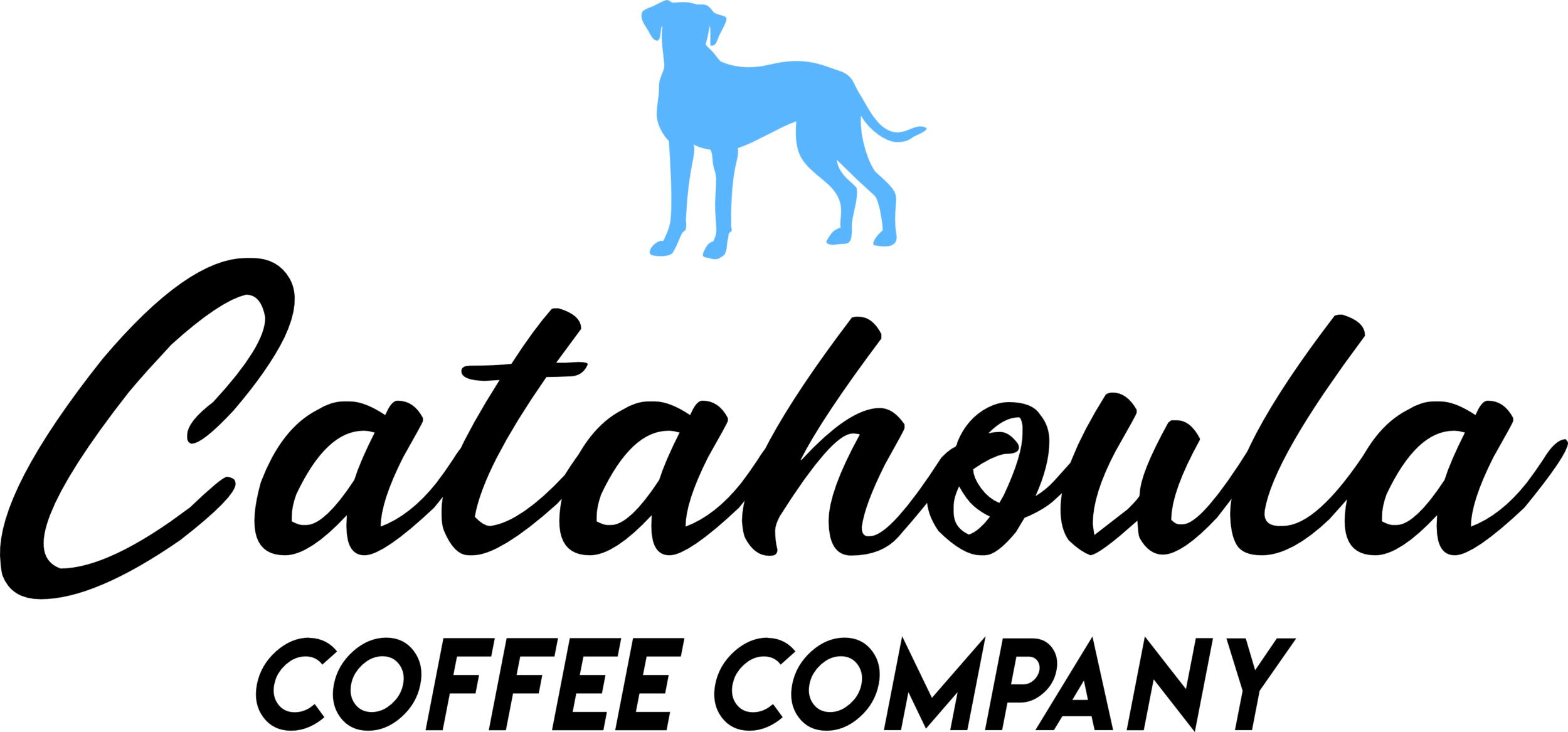Ukraine Solidarity Blend
Our latest special release coffee is the Ukraine Solidarity Blend. The coffee is dark and rich, and not for the faint of heart. We think the Ukrainians would approve. The coffee is available for purchase for ONE MONTH ONLY, so get it while you can!
If you haven’t been following the news, on February 24, Putin announced a "special military operation" to "demilitarise and denazify" Ukraine. Minutes later, missiles and airstrikes hit across Ukraine, including the capital Kyiv, shortly followed by a large ground invasion from multiple directions. The offensive has continued for the last 2.5 months and has caused catastrophic damage and destruction to Ukraine’s cities and communities. To help support Ukrainians, we’ve decided to release this limited edition coffee — 50% of proceeds from each bag will be donated to United Help Ukraine, an organization providing medical aid and humanitarian relief to brave Ukrainians.
What’s on the label?
The fist is filled with the Ukrainian flag to show that we are standing with Ukraine, even all the way from Richmond, CA. The bunch of sunflowers are grasped by the fist because the sunflower, or “soniashnyk,” is the national flower of Ukraine.
Sunflowers were introduced to Ukraine in the mid-18th Century and have become an important (and beautiful!) crop — Ukraine is the world’s largest exporter of sunflower oil (which explains the current shortage of sunflower oil, if you’d noticed). You may have become familiar with the sunflower in regards to Ukraine after this video went viral during the first few days of the war.
In addition to being the national flower and becoming a symbol of solidarity in this war, the sunflower has long represented peace for Ukrainians. In June 1996, ministers from the United States, Russia and Ukraine marked Ukraine’s nuclear weapon disarmament by planting sunflowers at the Pervomaysk missile base. As U.S. Defense Secretary William J. Perry said at the ceremony, per the Washington Post’s James Rupert, the three nations’ shared goal was “ensuring that our children and our grandchildren will live in peace.”
Sunflowers are also known as “hyperaccumulators” in the science world, which means that they have the ability to extract high levels of toxins from soil and absorb them into their tissue. Fields of sunflowers were planted to absorb toxic metals and radiation after the nuclear disasters in Hiroshima, Fukushima, and Chernobyl. We chose to include the sunflowers both for their physical importance and metaphoric symbolism looking toward the future and soaking up toxins from Ukraine and beyond.
Want to read more about the unfolding situation in Ukraine? Here’s a a great Twitter account with news, analysis, podcasts, and videos. Here’s a link to the latest from the NYT.
Want to read more about using sunflowers to clean up nuclear radiation? Keep reading


